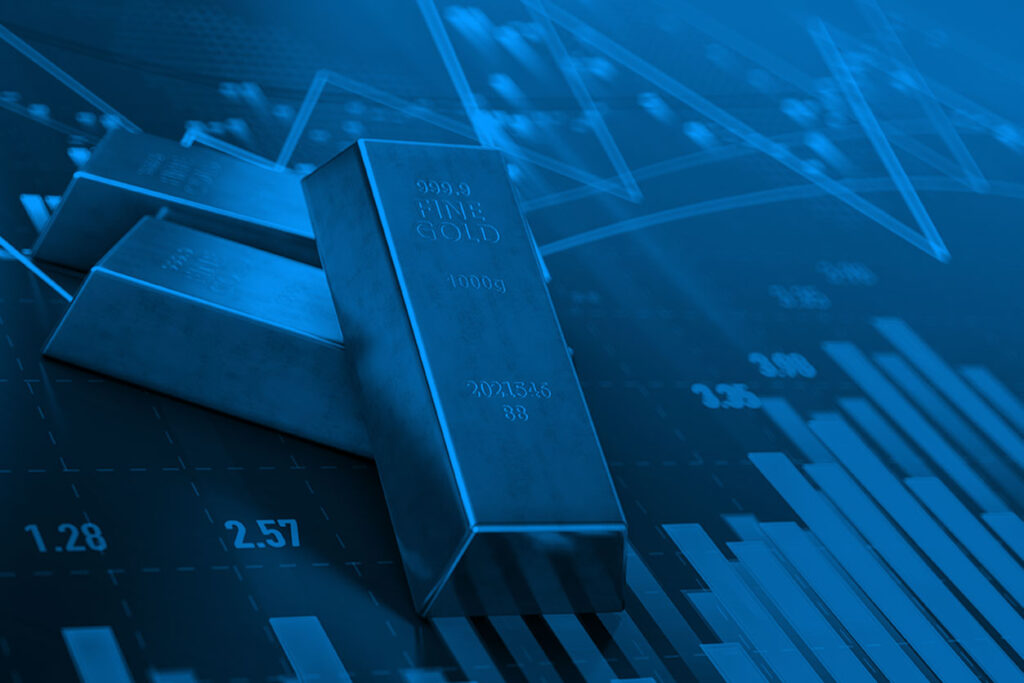Should you trade Gold?

Why is Gold so Valuable?
This particular precious metal has been behind the acquisition of wealth amongst many nations. Subsequently, it has caused the rise and fall of empires throughout time.
The price of gold is largely affected by supply and demand levels; therefore, this leads to a lot of fluctuation in its value on the market. This is very attractive to traders as it means high liquidity, as well as helping the precious metal hold a unique position within the global economy in general. It is important to note that gold is not a fiat currency (a fiat currency is one where its value is backed by the government), so it still holds its purchasing power during periods of inflation. Here’s why you should trade gold.
It has also previously had a major influence over the rise and fall of empires. In the past Gold has been used as a form of currency since the precious metal doesn’t rust. Now the main reason people tend to buy and sell gold is to speculate on its value, to buy and sell physical gold, or as a form of hedging.
The Uses of Gold
Central banks keep gold reserves as a form of a backup currency, or as a recognised asset that they can make use of in times of crisis. There is a high demand for gold as the precious metal is used in many different factors, including jewellery, finance, and technology. As well as this, gold can be used as an industrial metal because of its rare ability to conduct both heat and electricity. However, people trade gold due to its value on the market.
Currently, the precious metal is widely used in the manufacturing of iPhones and computer chips. If the price of gold rises on the market, then this ultimately increases the cost of the items it is used to make.
Reasons to Trade the Precious Metal
Traders often see gold as an insurance policy as it is considered to be a safe haven asset during times when the market is showing uncertainty and volatility. According to the World Gold Council, the gold market is highly liquid. The council estimates that the average trading volumes are significantly higher than currency pairs, excluding the major FX pairs. If the gold market is highly liquid, then this leads to tighter spreads, making it a more accessible and inexpensive commodity to trade.
Various strategies can be used to master gold trading. This includes fundamental analysis, such as analysing supply and demand, what affects supply and demand, current trends and positions of gold traders. You can also use technical analysis to study the price of gold by looking at the gold price chart. A good strategy to trade gold would be to utilise a mixture of the two.
For up-to-date analysis on major financial assets such as Forex, Indices and Commodities sign up to Eightcap’s trading week ahead and get the latest news delivered straight to your inbox. You can also sign up to a free demo trading account with Eightcap so you can start practising opening positions on the world’s major financial markets in a matter of minutes.

